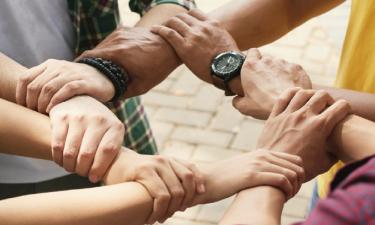In recent years, the participation of citizens in the solution of social problems is perceived as a crucial resource for socio-economic development at the state and local levels. Through social self-organization, social groups become more willing, ready, and capable to change living conditions. A major way of population’s participation in public life is charity, which can be carried out through voluntary associations (mostly NPOs – nonprofit organizations) and informal (situational) forms. Charity includes many proactive manifestations of efficient altruism, which contribute, among other things, to development of education, science and culture; preservation of traditions; rooting of social innovations; harmonization of social life. Thus, the essence of charity is not only to help those in need, but also to promote socio-economic development, to improve the quality of life, to strengthen moral foundations, and solidarity in society.
The analysis showed that the local community practices various forms of helping behavior more often than, for example, monetary donations. A low level of public participation in formal charitable practices, related to public organizations’ activities, and a high level of informal charitable activity draw attention. At the same time, we revealed that non-profit organizations play a major role in the development of local social mutual assistance. As a result of the factor analysis, the authors determined that the factor associated with life attitudes and values – importance of religion, public recognition, career in a person's life, etc. – has the greatest impact on the local community’s involvement in charity. The main barriers to public participation in social activities are largely determined by two aspects: the belief that the government, not people, should be responsible for solving local social problems and sometimes distrustful attitudes to the existing system of charity and charitable organizations.
The authors believe that the theoretical comprehension and analysis of the extensive empirical basis of the local community’s charitable activities can encourage fundamental research in this area and practical work aimed at studying specific activities with the aim of increasing the population’s involvement in local charity.
The article is available here.
